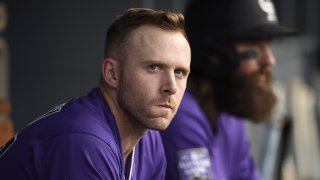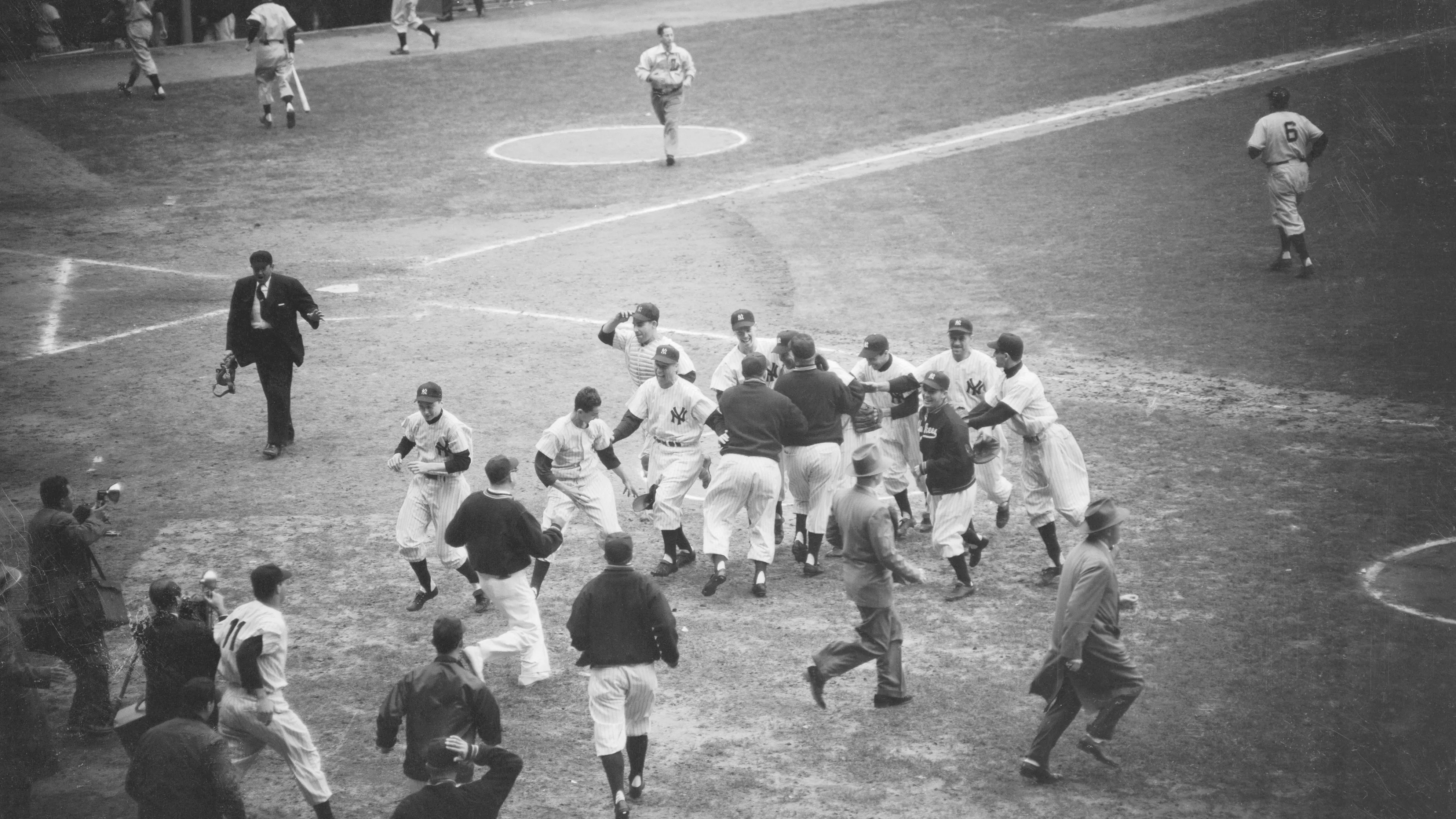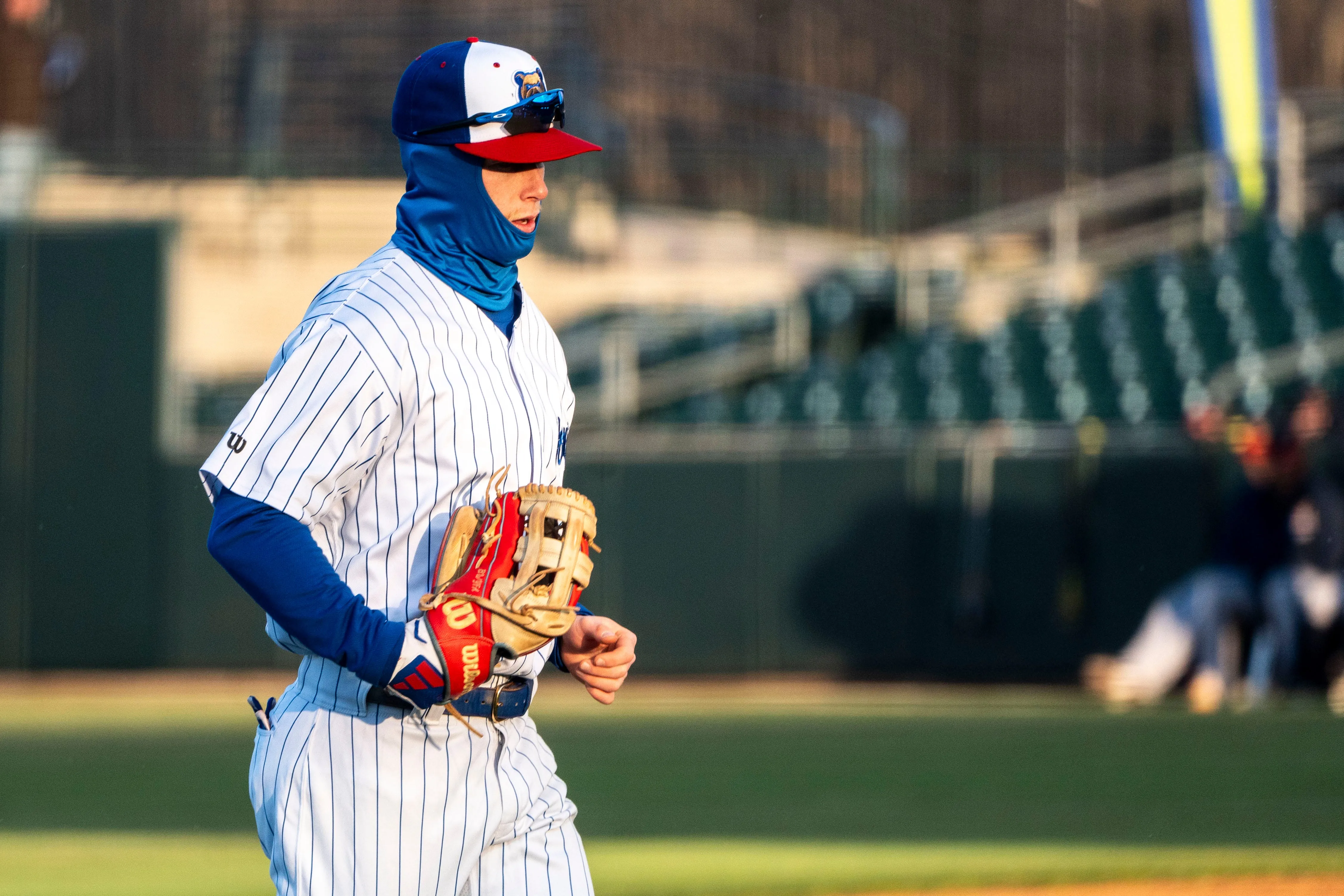
When Javy Báez doubled home the tying run with two out in the eighth on that cool fall night at Wrigley Field, the upper deck shook, and players in the dugouts couldn’t hear teammates shouting next to them above the crowd.
“It was electric man,” Trevor Story said. “I feel like that’s what it’s all about, playoff baseball.”
Five innings later, just before midnight, Story jogged home from third on the two-out single that beat the Cubs during that wild, wild, wild-card game against Story’s Rockies to eliminate them from the 2018 postseason.
Stay in the game with the latest updates on your beloved Chicago sports teams! Sign up here for our All Access Daily newsletter.
“It was crazy,” he said. “And then it went pretty quiet after that.”
Story, one of the All-Star shortstops in an upcoming free agent class bursting at the seams with them, spent a few extra minutes before Monday’s series opener between the Rockies and the Cubs, soaking in his first day at Wrigley Field of the year and chatting with Rox assistant hitting coach Jeff Salazar about the allure of the national landmark.
“Just when you’re here, there’s something different about it,” Story said. “It’s a special place.
“Here and New York and Boston; I feel like those three stadiums, you just feel a different atmosphere about it.”
MLB
Whether intentional or not, Story might as well have been sharing his side of a free agent pitch for the Cubs’ glaring vacancy at his position as they head into the offseason with moneybags of newfound payroll flexibility and as Story heads into free agency still wondering how on God’s green earth he’s still in a Rockies uniform after the July 30 trade deadline.
“I’m confused and I don’t have really anything good to say about the situation and how it unfolded,” Story told the Denver Post at the time.
Rockies sources suggest the team might make a push to re-sign the two-time All-Star drafted 45th overall in 2011 — the same year Francisco Lindor and Báez went 8-9 to Cleveland and the Cubs.
But recent talks already fell short, and Story said Monday he hasn’t heard anything more from the front office since the deadline.
“I guess we’re just kind of letting it settle into the offseason until something like that may be talked about,” he said. “Or it might not be.”
Hello qualifying offer? Goodbye Rockies?
And somebody get Jed Hoyer on the phone?
The Cubs president already has said he expects to make a significant investment in the upcoming free agent market — even if that comes with uncertainty over the timeline and spending details, based in part on potential changes in the next collective bargaining agreement.
Pitching is the clear top priority for the Cubs, in particular at least one legitimate, reliable starting pitcher.
But if there is a 1-A, it’s the shortstop spot vacated by the surprising trade of Báez and that nobody in-house is projected to adequately fill at a high level anytime soon.
Houston’s Carlos Correa, a player the Cubs coveted at No. 6 in the 2012 draft before the Astros made him the surprising No. 1 overall pick, is the youngest and perhaps highest-upside of the historically strong free agent shortstop class that also includes Story, Báez and the Dodgers’ Corey Seager.
Story has the best power numbers and can make a case as the most impactful bat overall, but also comes with the caveat of distinct Coors Field splits, and has had occasional arm injuries, including an elbow injury this year he says is fully behind him (though some Cubs officials wondered if it still bothered him when the Cubs played in Denver last month).
The bottom line is that the Cubs don’t have a championship-caliber shortstop ready for the big leagues anytime soon. And if team sources are right about their intent to let the traded core players move on without exploring a return of, say, Báez, then Correa and Story look like strong candidates for conversations involving some of that newfound payroll flexibility.
And one shortstop sure to at least take the call is the man who helped knock the Cubs out so quickly in 2018 that it ignited a “year of reckoning” and put their World Series manager on the hot seat.
“Man, just from afar, it’s such a historic organization, and I can tell you I love playing here,” Story said. “The fans are great. Just coming here over the past six years, it’s a place you look forward to coming, for sure.”
Another thing for sure: He won’t be rushing back to beg the Rockies for an extension after already wrapping his mind around what seemed like a certainty that he would be traded and in a playoff race somewhere else by now.
“I think that’s natural,” he said of a desire to test the market. “This was my first time going through it. You work your whole career to get to this point, and you get to kind of be in the driver’s seat a little bit.
“That’s certainly part of it, and I think that’s the human side of it. Those chips are going to fall in the offseason, and I’m not too worried about it right now.”
He’s also not intimidated by competing for jobs with the other top shortstops during the same winter.
“If anything, I think it helps us,” he said of a shortstop market that was reduced by one, $341-million star when the Mets traded for Lindor and signed him this spring to a 10-year extension.
“We’ve all kind of pushed each other from afar,” Story said. “I think we’re really proud to be the class that we are. It’s something that is very unique, and it’s something that we want to have stand for a long time, having that be one of the best classes.”
How much the market will bear is almost impossible to guess 18 months into a pandemic that is starting to surge again and against the backdrop of CBA talks and five years of salary-suppression behavior by MLB owners.
Never mind trying to guess how much the Cubs are willing to pay.
Correa reportedly turned down a six-year, $120 million extension offer from the Astros. Sources say the Cubs and Baez were almost done with a long-term extension — said to be worth $180 million — in spring of 2020 before the pandemic shut down the sport. Seager is represented by Scott Boras, who often sets the market bars with his top clients. And then there was Lindor.
The fact is the Cubs have the financial wherewithal to spend whatever the market bears for any target they covet and even win multiple bidding wars if they choose.
For his part, Story said he was as surprised as everybody else that the Cubs traded Báez.
“The business side of baseball is crazy,” he said with a laugh at the Báez question. “I think that’s the thing I’ve learned the most this year. You see the run they went on back in ’16, and they had some really good years. I’m not one to speak on that, but it was surprising.”
But just because they blew up that core and look like a cost-cutting, big-market fraud for some of their business decisions over the past year or so, that won’t dissuade free agents, Story suggested.
“Obviously, they’re going to do what they think is best for their team to win in the future. I think that’s to be said for every club,” Story said. “It’s so personal, what each player, form player to player, is going to think.
“It’s easy to be critical right now, but I think like they did the other time, when they won in 2016, for the first time, no one really saw that coming.”
At least not until the first big free agent, Jon Lester, bought in, and Maddon signed up.
At the very least, Story would want to hear the vision for the rebuild and the timeline.
“That’s something I would want to hear no matter what,” he said, “no matter what the team is.”
Now the Cubs just have to decide what it is.


